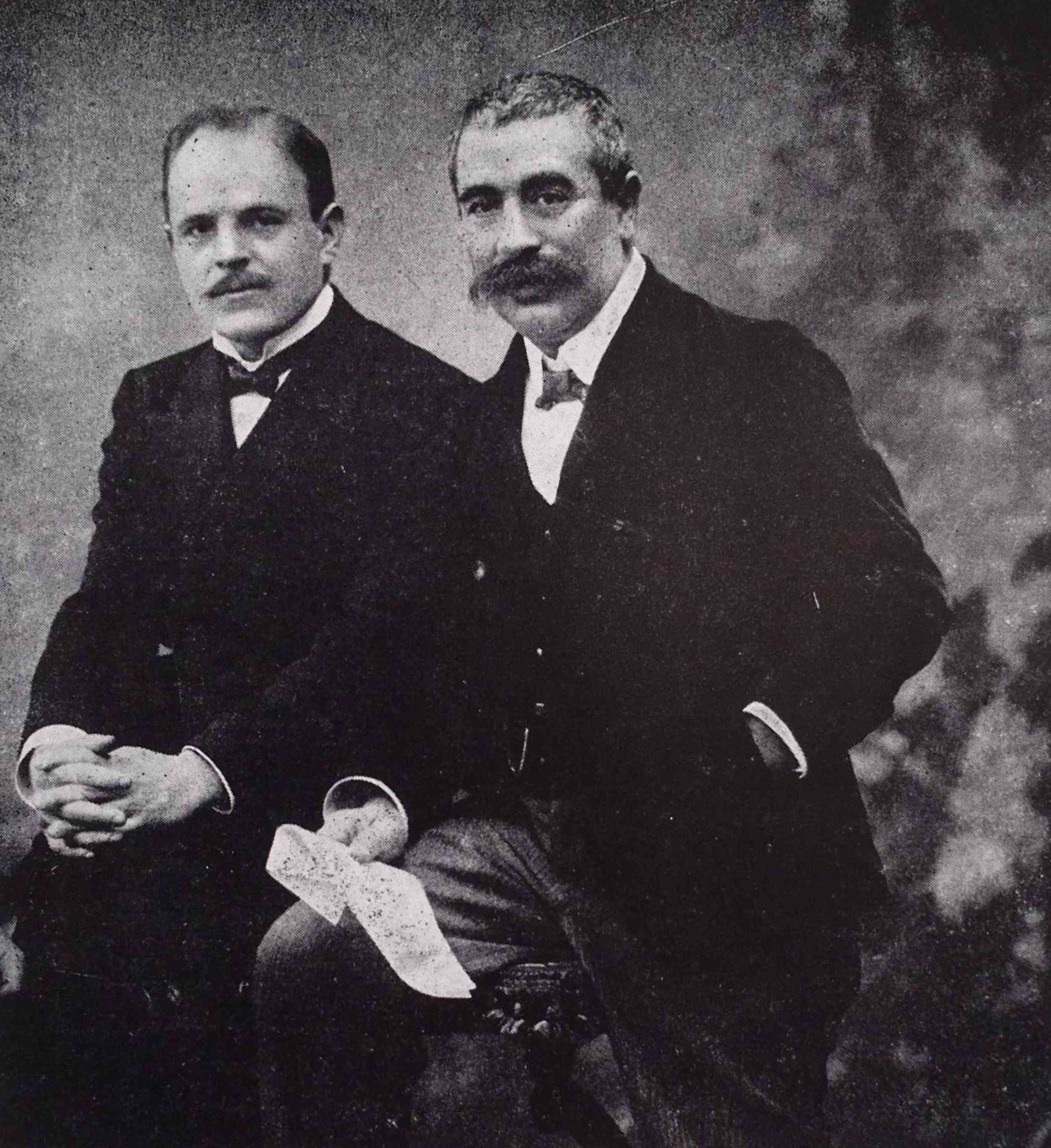[Live on Zoom] Digging Up Dead Bones: Decadence, the Gothic, and the Grotesque in the Works of H. N. Bialik and I. L. Peretz

|
Max Weinreich Fellowship Lecture in East European Jewish Literature
The Vladimir and Pearl Heifetz Memorial Fellowship and the Vivian Lefsky Hort Memorial Fellowship Admission: Free Registration is required. |
In his famous essay Autoemanzipation! Leon Pinsker described the Jews of Europe as the “uncanny appearance of a dead man, who walks with the living.” The image of the living dead has since then informed many accounts of the Jewish liminal condition in Europe at the turn of the nineteenth and twentieth centuries, and of the proposed solution to the Jews’ spectral liminality through national revival.
This lecture will explore the images of the ghost, the undead, and the zombie in the bilingual, Hebrew-Yiddish works of Hayim Nahman Bialik and Isaac Leib Peretz. We will ask how both writers used these images, and how they transformed them through translation, self-translation, and acts of literary “borrowing.” We will see how the binary of life/death, regeneration/decay, animated political tensions among the various Jewish ideological movements in eastern Europe.
Digging up the dead bones and hidden ghosts of the complex personal and professional relationship between Bialik and Peretz, we will find that adopting an “archeological” perspective can help us in reading anew some of the most canonic texts of Hebrew and Yiddish literatures.
About the Speaker
Roni Masel is a doctoral candidate at New York University. Her dissertation, “National Heroism, Popular Pleasure: Violence, the Gothic and the Grotesque in Hebrew and Yiddish Literatures,” considers fictionalized episodes of anti-Jewish violence in Hebrew and Yiddish literatures. Forgoing an ideologized interpretation of violence and brutality, and returning instead to overlooked readerly principles of pleasure, anxiety, and disgust, the project formulates a new way of writing a joint historiography of both literatures. She is the recipient of 2019-2020 Vladimir and Pearl Heifetz Memorial Fellowship and the Vivian Lefsky Hort Memorial Fellowship at the YIVO Institute for Jewish Research. Next year (2020-2021) Roni will be joining the Frankel Center for Advanced Judaic Studies at University of Michigan as an institute fellow.




